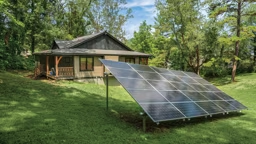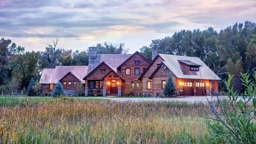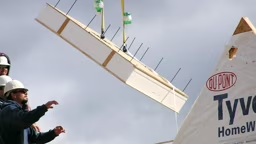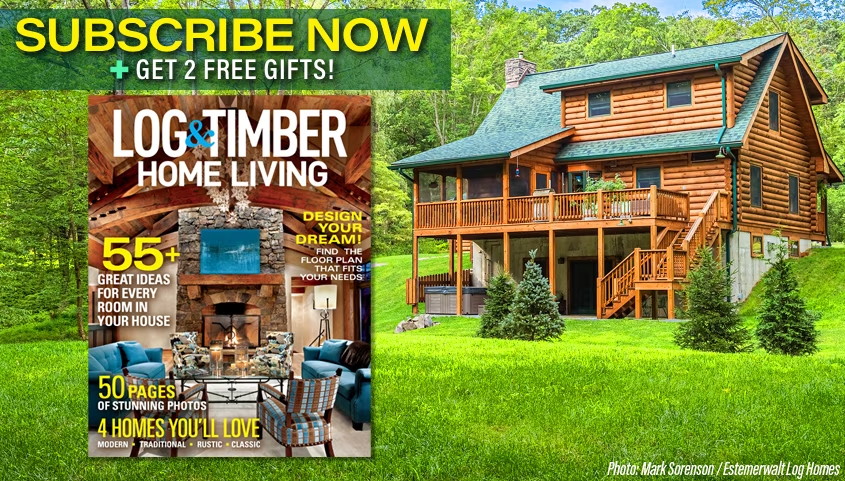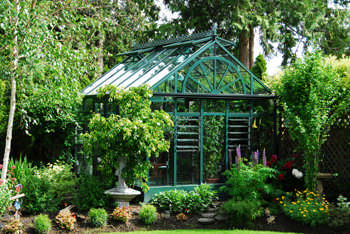
1. Be Passive
Place your home on your property so that its longer sides face south or north. This will help you take advantage of passive cooling/heating, reducing your reliance on supplemental energy sources. To reduce afternoon sun exposure, minimize west-facing windows and maximize those that look to the south. Shade east-, south- and west-facing windows in the summer with overhangs properly sized by using a sun angle calculator. (You can find one at the Society of Building Science Educator’s website).
2. Breeze Through Design
Use the direction of prevailing local wind patterns (check local airports’ web sites for information) to determine where to position windows for maximum cooling. For two-story homes, place interior staircases opposite the breeze, (that is, on the northwest side where breezes blow from southeast) to create a thermal siphoning tower that draws heat out.
3. Learn the Lay of the Land
Build your home just over the crest of a hill rather than on its peak. This will both reduce the visual mark on the natural landscape and reduce energy usage by minimizing your home’s exposure to the elements. Use trees and shrubs as natural buffers to add further protection.
4. Remain Detached
When it comes to your garage’s location, think about keeping it detached from your home. An attached garage can be unhealthy, since gas fumes from cars, ATVs and lawn mowers can penetrate the walls. Also, minimize infiltration of outside air from basements or attics by sealing air ducts and reducing use of recessed canister lighting. Doing so will make your home more energy-efficient, comfortable and healthy.
5. Let’s Vent
All homes should have some properly placed mechanical ventilation, even if only via bathroom and kitchen fans. Balanced ventilation, where separate fans exhaust stale or moist air and bring in fresh, will enhance indoor-air quality.





